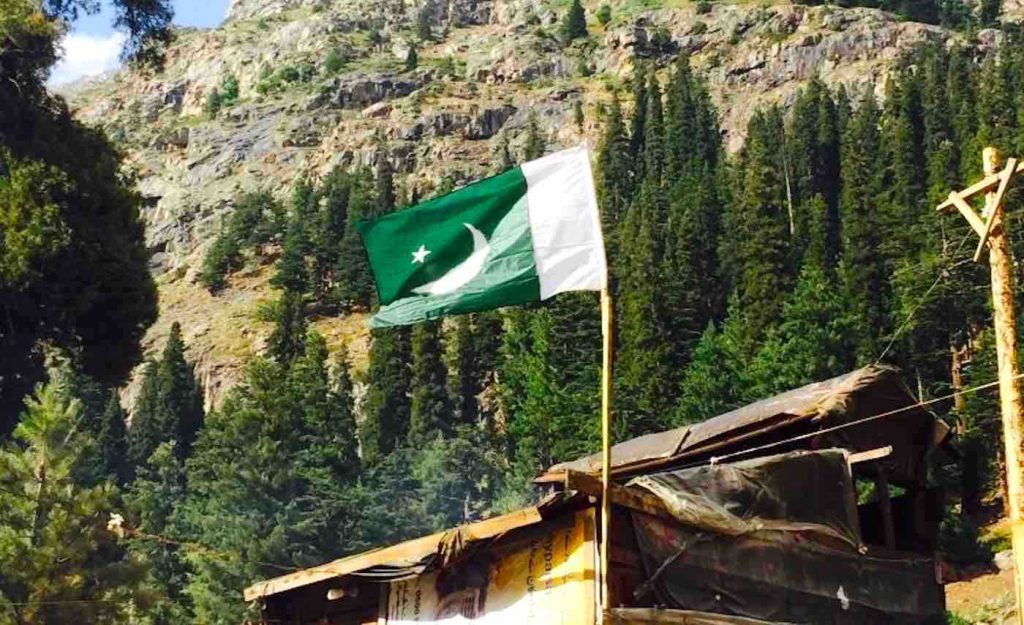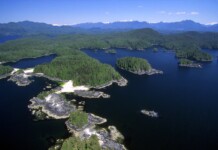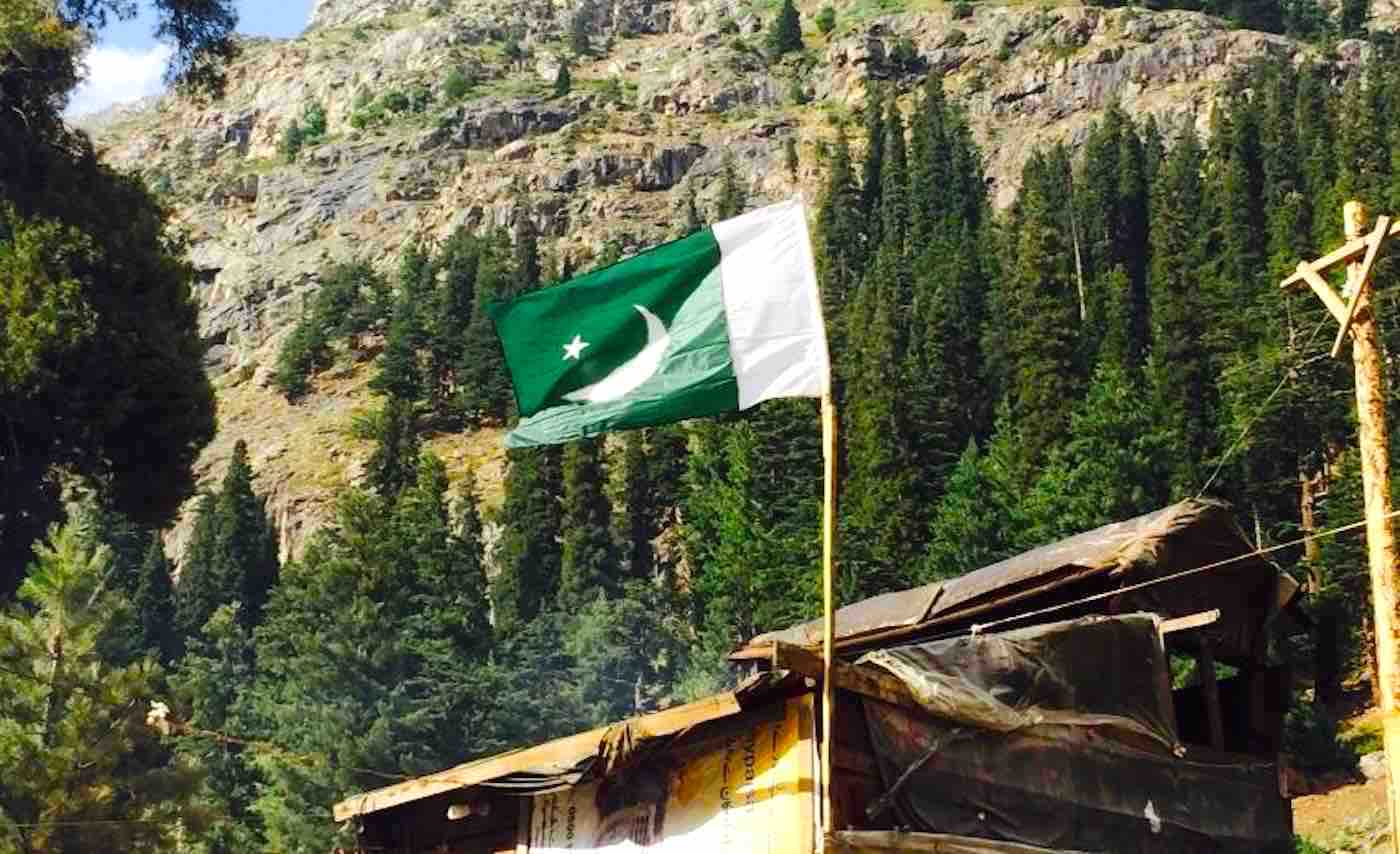It’ll be another decade until the world’s nations and firms are evaluated for the United Nations 18 Sustainable Development Goals 2030 (SDG).
Much to the delight of global conservationists, however, Pakistan has already met the criteria for SDG 13, which calls on nations to take urgent action against climate change and its effects.
Pakistan isn’t the richest country, but it does have a major incentive to tackle the climate crisis, as they are ranked among the most vulnerable nations to the direct climatic and meteorological effects of global climate change.
Malik Amin Islam, advisor to the Premier on climate change, announced that in the UN’s 2020 Sustainable Development Report, Pakistan had met the SDG 13 through its implementation of a variety of programs.
“With the achieving of the Climate Action SDG 13, Pakistan has proved that it is committed to global efforts against the challenge of climate change to protect life on the planet earth,” he told reporters.
From planting trees to clean water
Major initiatives that have contributed to the country’s the fulfillment of SDG 13 includes the 10 Billion Tree Tsunami Project—a nationwide project launched in 2015 by Prime Minister Imran Khan to reforest degraded land around the Hindu Kush Mountains in the northern Khyber Pakhtunkhwa Province.
Since the project was relaunched in April during the COVID-19 shutdowns, it has also helped to put thousands of recently-unemployed Pakistani laborers back to work.
CHECK OUT: Scientists Make History With Discovery That Will Help Save America’s Great Coral Reef
Another trailblazing program which has contributed to the nation’s eco-success has been the Clean Green Pakistan Index, which ranks cities and towns based on the quality of solid and liquid waste treatment and removal, sanitation and drinking water services, and parks and green spaces.

The communities that attain the highest scores receive a reward in recognition of their work.
In this article from the IUCN written by Amin Islam himself, the advisor outlines another of the pillars in Pakistan’s progress towards SDG 13—the Protected Areas Initiative— with a quote from American author Henry David Thoreau: “In wildness is the preservation of the world.”
Explaining the value inherent in preserving Pakistan’s protected areas, Amin Islam writes: “These protected refuges of nature also create a payback mechanism by creating spaces for human recreation, promoting ecotourism, generating green jobs, enhancing resilience to natural disasters, contributing to food and water security through ecosystem restoration and addressing issues such as climate change by sequestering carbon.”
The Protected Areas Initiative aims to cloak the 15% of the country that exists as wildlife sanctuaries and national parks in the finest possible ecological management plans and community conservation funds.
Climate: Everything to gain, everything to lose
According to Germanwatch, a sustainable development advocacy group advising for the Climate Risk 2020 report, Pakistan is the fifth most-vulnerable nation in the long term to extreme weather events owing to its geographical position, and has been in the top ten for the last 30 years.
“This means that the our economy is at peril from climate catastrophes and this is not alone an environmental challenge but also an issue affecting our economy, human health, agriculture and ecosystem,” said Amin Islam.
“Turning to renewable energy and a range of other measures that will reduce emissions and increase adaptation efforts is a key way forward as a part of viable climate action,” he added, according to The News Pakistan.
Prime Minister Khan announced that energy companies were withdrawing from plans to construct a series of 2,740-megawatt imported coal projects auctioned off by the previous government, pivoting instead to zero carbon and indigenous hydroelectric projects of a much higher, 3,700-megawatt capacity.
Pakistan has a gross domestic product, that while on the rise, still amounts to only $316 billion U.S. a year.
Keeping in mind that GDP isn’t the finest measure of economic conditions, this is less than half of the recently-passed $740 billion dollar U.S. National Defense Authorization Act of 2021.
Pakistan’s success in contrast to limited resources demonstrates that it doesn’t always have to be “superpowers” that take the lead on the world stage, but rather countries that have the will and the talent to make positive changes.
Reprinted with permission from World at Large, an online journal focused on travel, foreign affairs, health and fitness, and the environment.
Plant Some Positivity By Sharing The Exciting Eco News With Your Friends On Social Media…




















